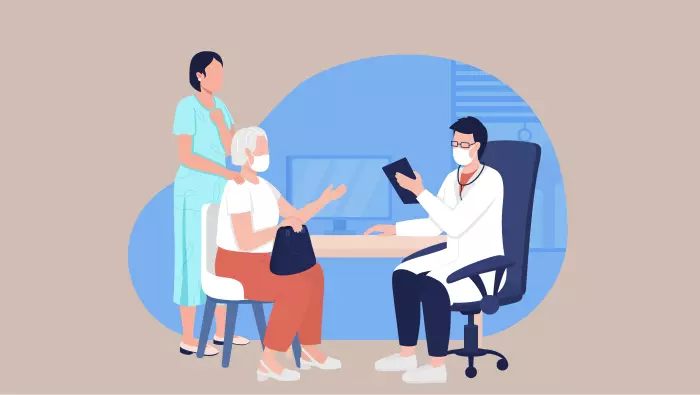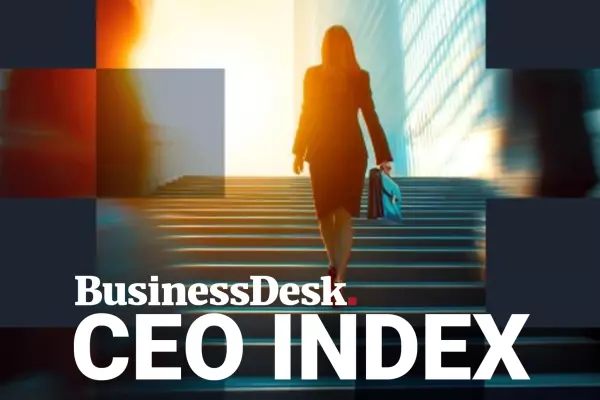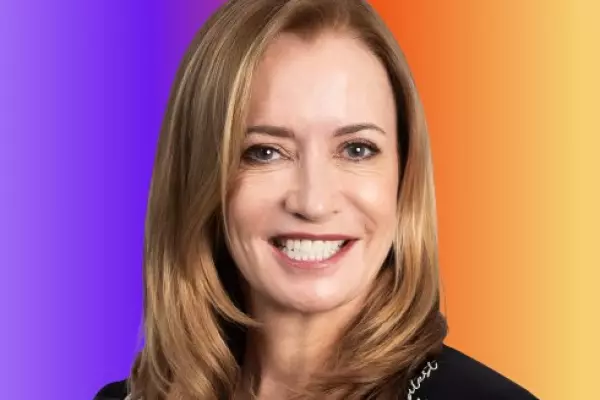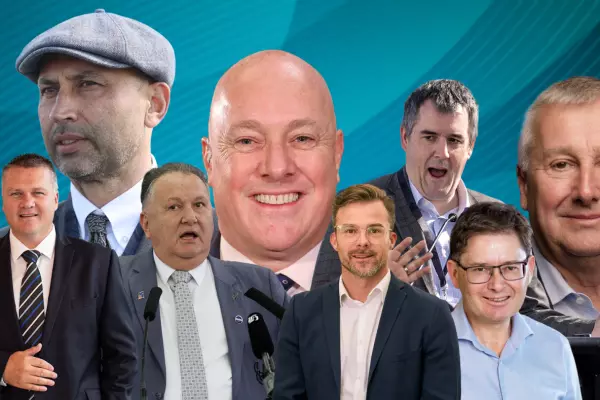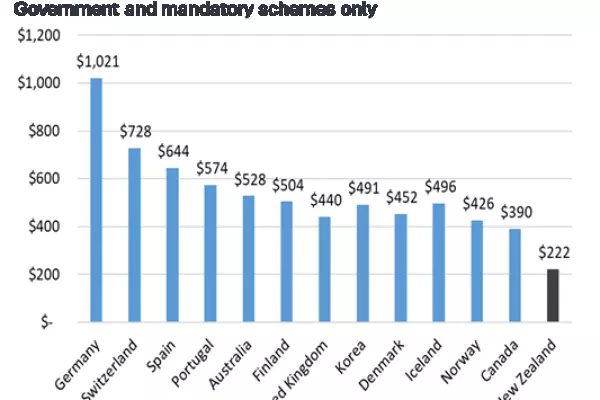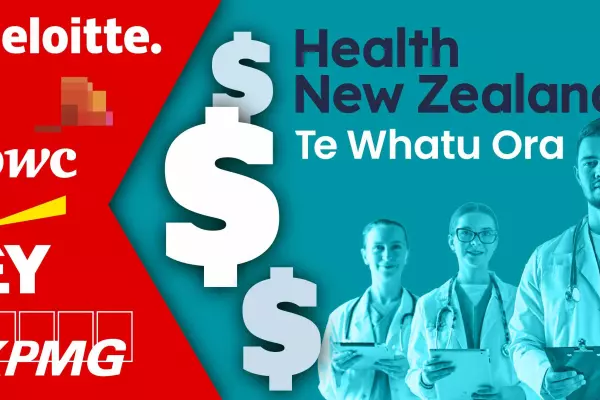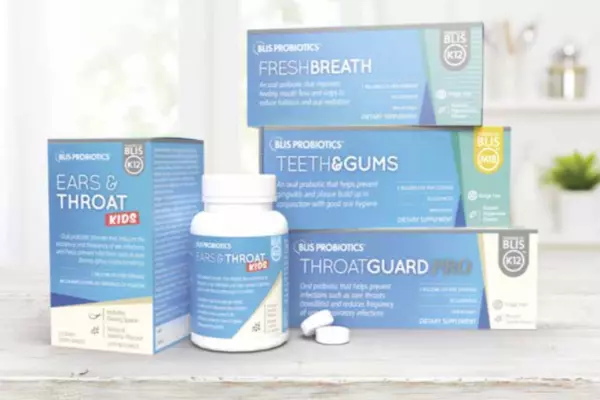Last October, we set about investigating the money behind New Zealand’s healthcare system. It was a much harder task than I expected.
Some of the reasons for this are set out in the article Delayed and forgotten OIAs – what we did not learn from Te Whatu Ora.
We launched the project with a wide-ranging interview with then-health minister Andrew Little, who clearly set out his views on profits in the healthcare sector.
“Instinctively, I don’t like the idea,” Little told investigative reporter Murray Jones.
Little’s comments on GPs, in particular, started a firestorm about the adequacy of funding for our frontline doctors.
Important findings
This was followed up by a report in November that found GPs would need a funding increase of 231% just to be viable.
Therefore, these findings made it all the more prescient that we consider who owns our GPs and how they made money, which our reporter Cécile Meier did in her three-part series on general practices.
There are so many ways the private sector interacts with the health system, and reporting on the multinationals that provide food and cleaning to hospitals shows where the pressure points are.
As with any industry, big four consultants are in the mix, and we discovered Deloitte is the big earner over the past two years.
Investigative reporter Donna Chisholm dug into how covid and cut-price competition were accelerating pharmacies' pivot from retail to primary care, revealing that for smaller operators, profit before tax was just 1.9% of revenue, compared with the industry average of 9.4%.
Some of our biggest healthcare companies are listed, so we did a deep dive into the 100-year-old pharmaceuticals distributor EBOS and mega-exporter Fisher & Paykel Healthcare.
Our reporting on the medical devices company covered bullying claims at F&P Healthcare and evaluated its earnings forecasts and its role as a frontier firm to the rest of NZ’s economy.
Importance of healthcare
We explored why healthcare is costing so much and a revolutionary partnership between iwi and a private insurer to provide health treatment.
The importance of insurance was made clear when Orion Health founder Ian McCrae guest penned a column for us detailing his own cancer experience.
“Without access to private healthcare, I would very likely be one of the 50% of patients to have died or the 20% who were in palliative care by now,” he wrote.
McCrae’s critical insights as a company executive navigating NZ’s healthcare system gave our readers a unique insight into how private firms interact with health authorities.
We looked at the booming business of clinical trials – for private companies, as well as the volunteers they use.
The cost of drugs is also featured in Meier's reporting on the business model behind life-saving pharmaceuticals and treatments.
We also had a look at the executives that make up the system, such as former Healthline boss Andrew Slater – Aotearoa’s youngest health boss.
Proud of our reporting
We’re proud of what we accomplished in the time we’ve had, but I would’ve loved to have delved into the fascinating worlds of fertility, radiology and dentistry.
BusinessDesk received NZ on Air Public Interest Journalism funding for this project, which enabled all our content to be read for no charge.
We're also proud to be able to retain Cécile Meier and Donna Chisholm in different roles here at BusinessDesk to investigate other aspects of NZ’s business world.
From here on, our continued health coverage will be paywalled, available in the health category on our website or through email alerts.
Victoria Young
Project editor


